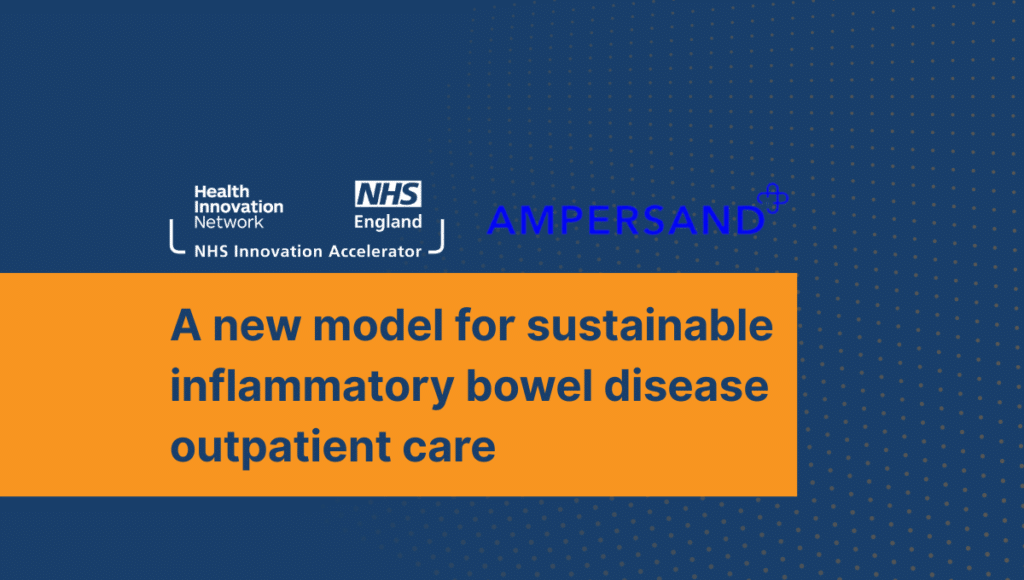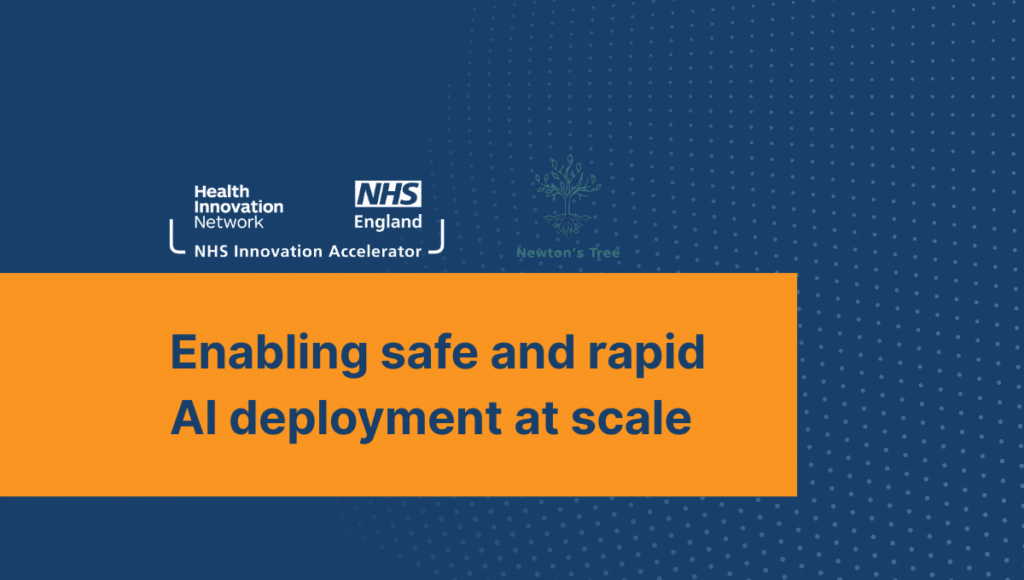Transforming kidney care access in Wessex
Challenge
Kidney disease is increasingly recognised as a major health concern. The Wessex Kidney Centre is therefore under growing pressure to meet the demand for renal services. Because clinic capacity is stretched, new patients may be required to wait longer than they should for an initial assessment, which may affect their outcomes. The centre has appointed a new consultant every year for the last decade, just to keep up with this rising demand. This expansion in capacity is being constrained by the lack of physical clinic space, because face-to-face appointments, which are the traditional way of managing renal patients, require clinic rooms which are already in short supply.
Together, these challenges are putting unsustainable pressure on the service, reducing efficiency, and limiting the centre’s ability to meet the needs of patients in a timely way.
Solution
To address these challenges, the Wessex Kidney Centre adopted MyRenalCare. This digital innovation empowers people with chronic kidney disease (CKD) to self-monitor and self-manage their condition from home, with remote support from their renal team.
MyRenalCare enables renal clinicians to conduct virtual consultations without phone or video calls. These consultations half the time of traditional outpatient follow up appointments, from 15 minutes to 7.5 minutes, which has increased outpatient capacity by 30% and eliminated the need to appoint additional consultants for the past five years. Because consultations can be conducted anytime, anywhere, the solution also reduces the need for physical clinic rooms, unlocking flexibility for both patients and clinicians.
Impact
The introduction of MyRenalCare has transformed kidney care delivery at the Wessex Kidney Centre, dramatically improving patient access, experience and outcomes while enhancing service efficiency.
Dr Robert Lewis, consultant nephrologist at Portsmouth Hospitals University NHS Trust, has been using MyRenalCare for more than five years and says:
“MyRenalCare has transformed the way I deliver long-term care to my kidney patients. Using the same amount of time, I can now safely oversee double the number of patients I was able to when I was restricted to using a hospital clinic. By freeing up available clinic time in this way, the waiting time for a new referral has reduced from three months to two weeks.”
Patients have responded positively, with 89% preferring MyRenalCare to traditional outpatient appointments. Waiting times for new patient referrals have been reduced from six months to just one week, giving people faster access to the care they need.
“MyRenalCare has transformed patient’s lives, it has helped them to be in control, look at their results, engage with their clinicians. It has just really given them the independence to live a full life.”
Independent health economics showed that using MyRenalCare has reduced costs per patient by 25% and increased outpatient capacity by 30%, allowing the service to live within its existing budget while reducing waste and improving productivity.
Remote management of early-stage CKD enables rapid medication optimisation within 12 weeks, slowing disease progression and reducing the need for dialysis or transplant. It also helps more patients with hypertension, which is common in CKD, to receive treatment aligned with NICE guidelines.
By reducing the need for clinic attendance (thus reducing travel and parking costs and days off work) MyRenalCare has made long-term care more convenient and affordable for patients. Furthermore, it may allow the introduction of community-based point-of-care screening, increasing early-stage diagnosis and reaching underserved populations who might otherwise go undetected. In a recent trial, 600 people were screened in a single day.
Finally, the platform contributes to the NHS’s net zero ambitions, with independent life cycle analysis showing that MyRenalCare virtual consultations emit 80% less carbon than traditional face-to-face appointments.


